News and features
Read the latest news and features about our world-leading research, discoveries, fundraising and philanthropy. If you want to keep updated on our news, you can follow us on social media or sign up for our Search newsletter.
If you’re a journalist and want to find out more, you can contact our media relations team.

3D-printed ‘AbdoMan’ could transform radiotherapy
A 3D-printed human torso is helping doctors safely and reliably model ‘internal radiation’ treatments for cancer.
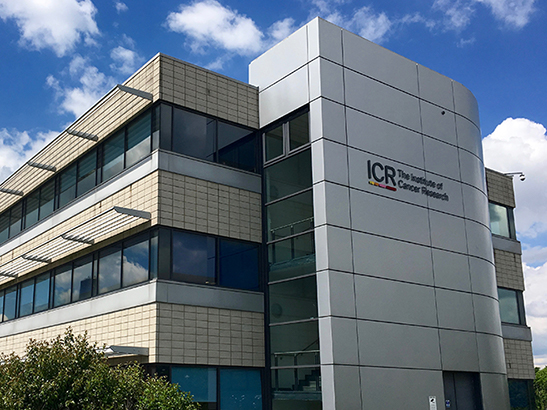
Statement about NICE decision on T-VEC for treating inoperable metastatic melanoma
The Institute of Cancer Research, London, has issued the following statement from Professor Kevin Harrington in response to the decision by NICE to approve the use of talimogene laherparepvec (T-VEC) for treating inoperable metastatic melanoma in adults when systemically administered immunotherapies are not suitable.
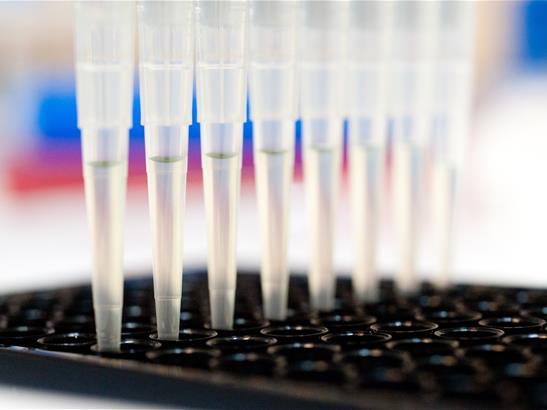
Men with high genetic chance of bowel cancer could have lower risk with healthy lifestyles
Men with a high genetic risk of developing bowel cancer over the next 25 years could have a lower risk of developing the disease if they also have a healthy lifestyle, according to a study.
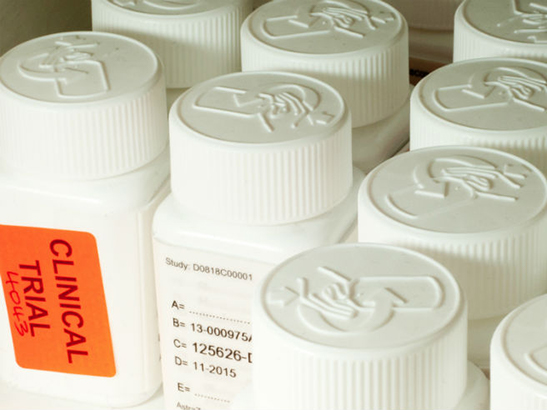
ProNAi licenses oncology drug targeting DNA damage response Checkpoint kinase 1 (Chk1) from CRT Pioneer Fund, UK
ProNAi Therapeutics, Inc. (NASDAQ: DNAI), a clinical-stage drug development company advancing targeted therapeutics for the treatment of patients with cancer, today announced that it has obtained an exclusive license from the CRT Pioneer Fund LP for worldwide rights to develop and commercialize PNT737 (formerly CCT245737), a highly selective, orally available, small molecule inhibitor of Checkpoint kinase 1 (Chk1).
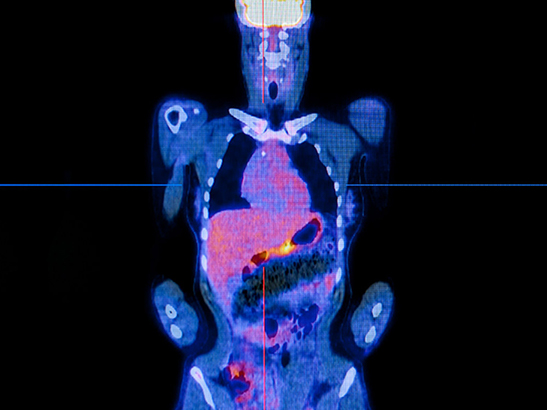
High-tech scan after chemotherapy could indicate whether head and neck cancer treatment is working
An advanced type of scan merging two imaging technologies could tell doctors whether treatment for head and neck cancer is working after just one cycle of chemotherapy.
-content.tmb-hbmobile.jpg?Culture=en&sfvrsn=fec93f9d_2)
Cancer patients’ optimism exceeds what phase I trials can deliver
Around half of cancer patients referred for phase I clinical trials thought their tumours would shrink, even after their clinician explained that the trial might not have the desired outcome, a new study reveals.
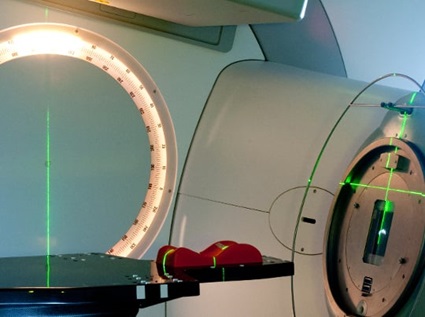
New triple therapy could boost treatment and prevent relapse in head and neck cancer
Combining a new targeted drug that blocks one of cancer’s escape routes could boost the effectiveness of combined chemo-radiotherapy for head and neck cancers and stop cells becoming resistant to treatment.

New ‘ecosystem’ test strongly predicts ovarian cancer survival
Assessing the cell ‘ecosystems’ at sites where ovarian cancer has spread round the body strongly predicts the chances of surviving from the disease, a new study reports.

Study shows blood vessel cells are helping breast cancers enter bloodstream and spread around body
Scientists have discovered that non-cancer cells that wrap around blood vessels — called ‘pericytes’ — are helping breast cancer cells enter the bloodstream and spread around the body through the production of a key molecule called endosialin.
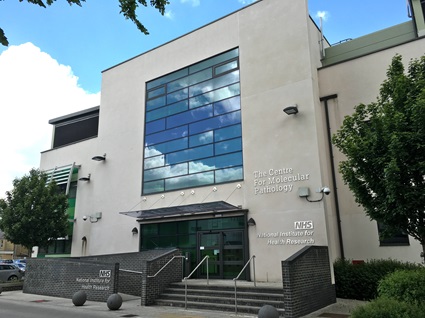
ICR and The Royal Marsden awarded £43 million for Biomedical Research Centre
The Institute of Cancer Research, London, and The Royal Marsden NHS Foundation Trust have successfully renewed their joint Biomedical Research Centre.
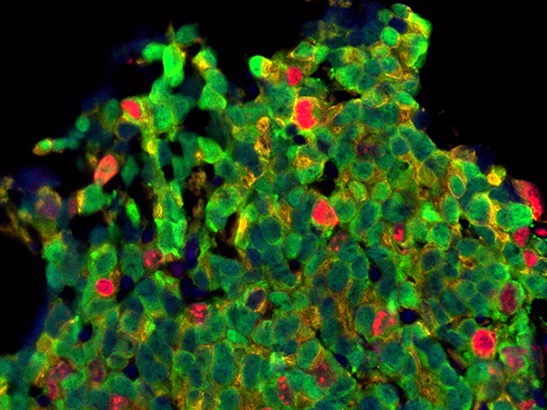
Counting cancer cells in blood could be key to telling whether prostate cancer treatment is working
A drop in the number of cancer cells detected in a patient’s blood could be the best indicator yet as to whether treatment for prostate cancer is working.
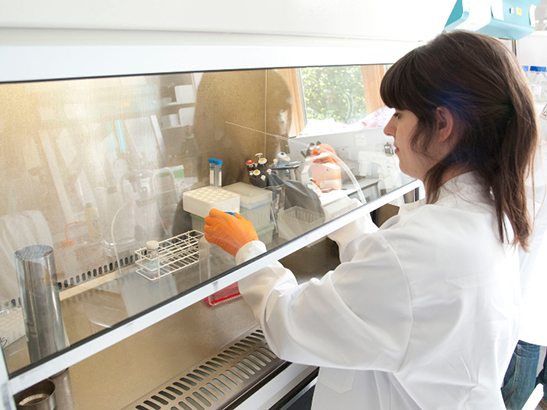
ICR secures new Wellcome Trust clinical PhDs
The Institute of Cancer Research, London, will host a new clinical PhD programme in cancer research, after being awarded funding from the Wellcome Trust.
